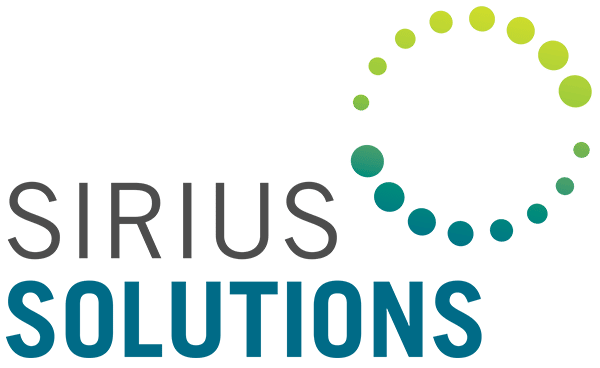How We Work. The New Norms.
The world as we knew it has changed forever. At the start of the year, we expected the future of work would eventually include a mobile, flexible workforce operating on digitalized, secure workflows. However, Coronavirus has forced the future upon us – we no longer have the time to plan and develop capabilities to prepare for this future. To make matters more difficult, the oil and gas industry is faced with an arduous, uphill challenge.
At the start of the year, only a handful of tech companies had the capabilities to support office-at-home or work-from-home. Now, automakers like Ford, General Motors, or Fiat Chrysler have all global workers work from home. Wall Street and Telecom, too, have been forced to follow suit. All of Houston, Dallas, and the areas we serve are under stay-at-home-orders. And, yet, work continues. As we navigate new realities, we realize that the fundamentals of how we work are shifting across key business processes:
Management – managing teams remotely and being managed; developing trust
Communications – moving to an entirely digital platform, using multiple channels
Workflow – using digital workflows and data and inviting more automation
Recruiting – engaging HR tools and online meetings
Collaboration – including everything from meetings to coffee-station discussions online
Etc.
As companies develop new fundamentals of trust, management, control, and responsibility, it’s more for companies to view interim support as a means of developing these new capabilities – to fast forward to the future. The use of automation will be accelerated to augment a smaller, remote workforce. Staff augmentation with experienced subject-matter-experts (SMEs) and automation bring together a powerful tool for establishing new workflows. Companies need to focus on how to be efficient and make new ways of doing things stick.
Prior to the pandemic, companies dismissed work-from-home as a viable option not trusting employees will work as hard as in the office. As we navigate these weeks of change, the fundamentals of trust, management, control, and responsibility will morph to agreed upon norms. Companies should embrace and take on this challenge proactively with a goal to deliver long-term value.
Rakhee Das, Technology & Innovation Practice Lead – Sirius Solutions, L.L.L.P.
If you would like further information regarding Interim Support, please complete the form below.
[contact-form-7 id=”227245″ title=”Contact Us”]

